Unveiling the 2025 Toyota 4Runner: A Deeper Dive into Its Performance and Capabilities
Related Articles: Unveiling the 2025 Toyota 4Runner: A Deeper Dive into Its Performance and Capabilities
Introduction
With enthusiasm, let’s navigate through the intriguing topic related to Unveiling the 2025 Toyota 4Runner: A Deeper Dive into Its Performance and Capabilities. Let’s weave interesting information and offer fresh perspectives to the readers.
Table of Content
Unveiling the 2025 Toyota 4Runner: A Deeper Dive into Its Performance and Capabilities
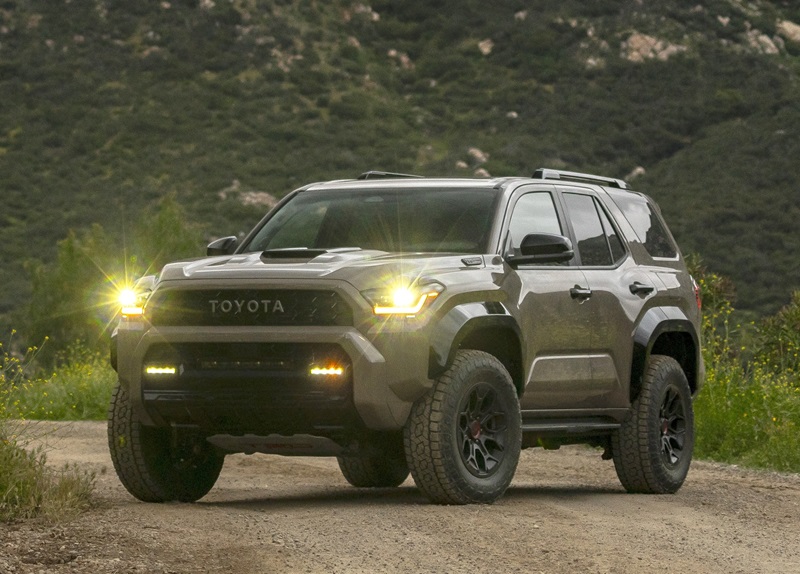
The Toyota 4Runner, a stalwart in the SUV segment, has consistently garnered respect for its ruggedness, off-road prowess, and reliable performance. As we anticipate the 2025 model year, speculation surrounding its weight is a topic of considerable interest. While official figures remain under wraps, exploring the factors influencing its weight and the implications thereof provides valuable insight into the 4Runner’s evolving character.
Understanding the Weight Equation:
The 2025 Toyota 4Runner’s weight is a complex equation influenced by a multitude of factors, including:
- Platform and Construction: The underlying platform, likely to be an evolution of the current model’s robust ladder-frame construction, significantly impacts weight.
- Engine and Drivetrain: The choice of powertrain, including the engine size, transmission, and drivetrain system (2WD or 4WD), directly influences weight.
- Features and Options: The inclusion of various features, such as premium sound systems, advanced safety technologies, and luxury amenities, adds to the overall weight.
- Materials: The use of lightweight materials like aluminum, composites, and high-strength steel can help mitigate weight gain while enhancing structural rigidity.
Weight’s Impact on Performance:
The 4Runner’s weight plays a crucial role in its overall performance, affecting:
- Fuel Efficiency: A heavier vehicle generally consumes more fuel, impacting its fuel economy figures.
- Acceleration and Handling: Increased weight can lead to slower acceleration and less agile handling, particularly on paved roads.
- Off-Road Capability: While heavier vehicles can offer greater traction and stability on challenging terrain, excessive weight can hinder maneuverability and increase the risk of getting stuck.
- Towing Capacity: A heavier vehicle can typically handle a greater towing capacity, a desirable attribute for those who frequently tow trailers or boats.
The Importance of Balancing Weight and Capability:
The 2025 Toyota 4Runner faces the challenge of balancing its rugged nature with the growing demand for fuel efficiency and enhanced performance. Maintaining its legendary off-road prowess while optimizing weight is a delicate balancing act.
Potential Weight Reduction Strategies:
Toyota engineers are likely exploring strategies to optimize the 4Runner’s weight without compromising its core strengths:
- Lightweight Materials: Increased use of aluminum and composite materials in key components, such as the hood, doors, and roof, can significantly reduce weight.
- Engine Optimization: Improving engine efficiency and possibly introducing a mild-hybrid system can enhance fuel economy without sacrificing power.
- Streamlined Design: A more aerodynamic design can help reduce drag and improve fuel efficiency.
- Feature Optimization: Careful selection of features and options can help minimize unnecessary weight gain.
Addressing Common Concerns:
FAQs:
- Will the 2025 4Runner be significantly heavier than the current model? It is too early to say definitively, but Toyota is likely to focus on optimizing weight without compromising the 4Runner’s character.
- How will the weight affect the 4Runner’s off-road capability? While a slight weight increase may not be detrimental, significant weight gain could negatively impact maneuverability and ground clearance.
- What steps can Toyota take to improve fuel efficiency? Introducing a mild-hybrid system, optimizing engine efficiency, and implementing aerodynamic improvements are potential strategies.
Tips for Potential Owners:
- Consider your needs: Evaluate your intended use of the 4Runner, including towing requirements and off-road adventures, to determine if weight is a major concern.
- Stay Informed: Monitor official announcements from Toyota regarding the 2025 4Runner’s specifications, including weight and fuel efficiency figures.
- Compare Models: When making your purchase decision, compare the weight and performance of different trim levels and configurations to find the best fit for your needs.
Conclusion:
The 2025 Toyota 4Runner’s weight will be a crucial factor in determining its overall performance and appeal. While maintaining its rugged heritage, Toyota will likely prioritize strategies to optimize weight without compromising the 4Runner’s iconic off-road capabilities. By understanding the factors influencing weight and its impact on performance, potential buyers can make informed decisions based on their individual needs and priorities. As we eagerly await official details, the 2025 Toyota 4Runner’s weight will undoubtedly be a subject of continued discussion and speculation within the automotive community.
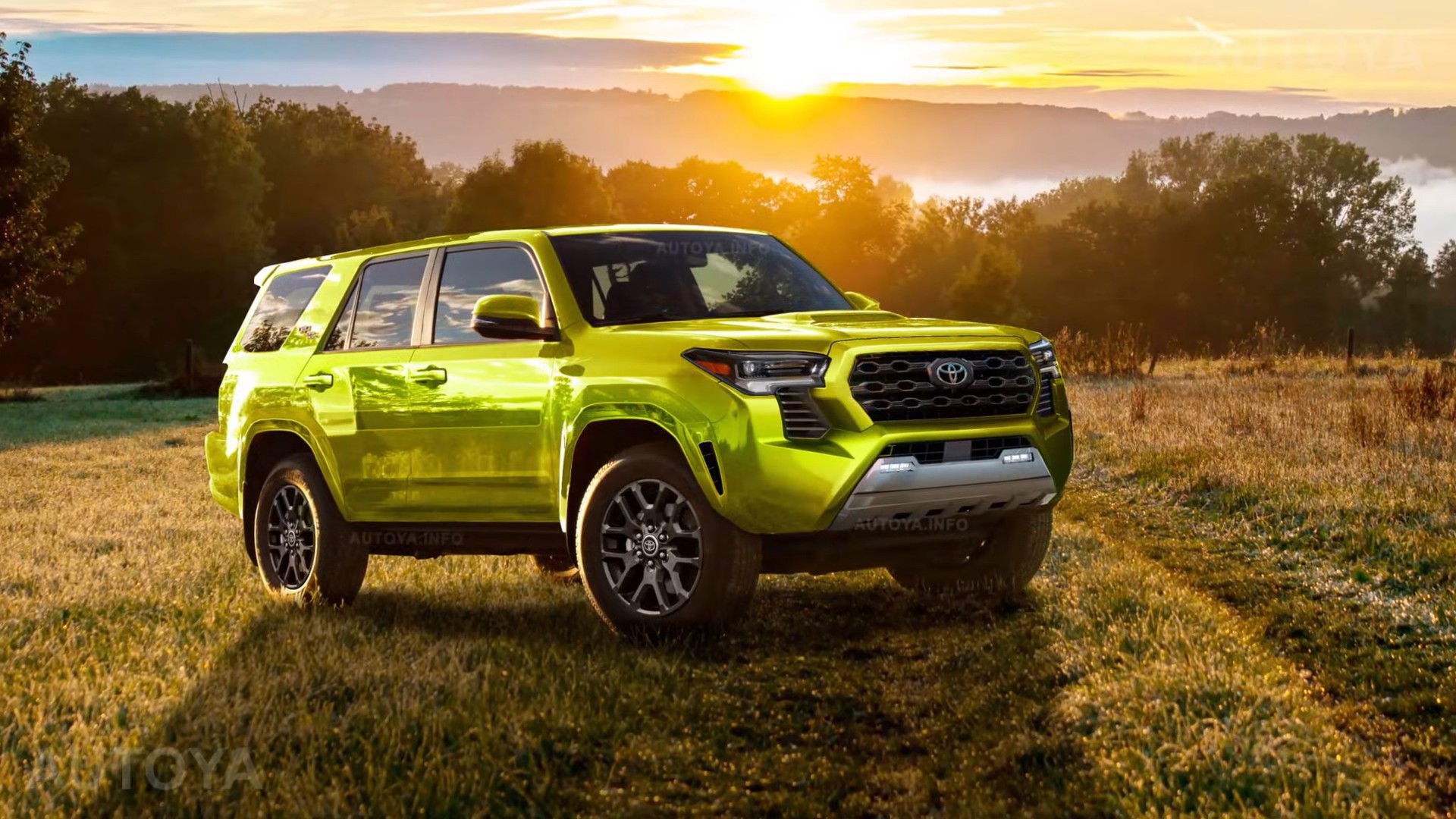
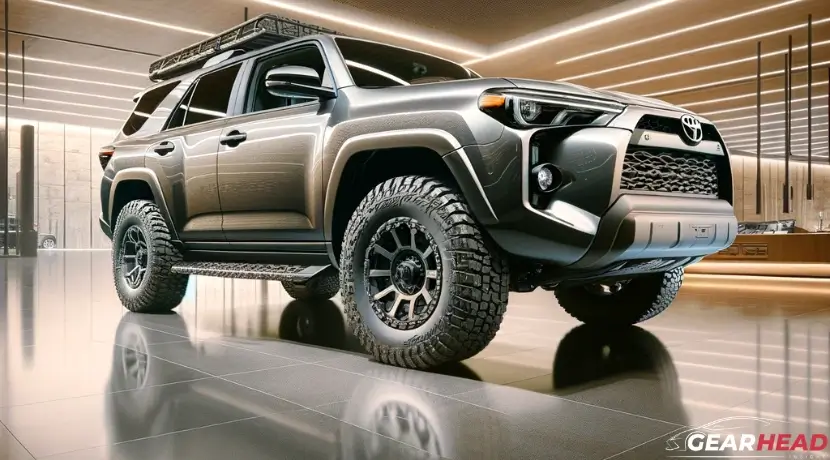
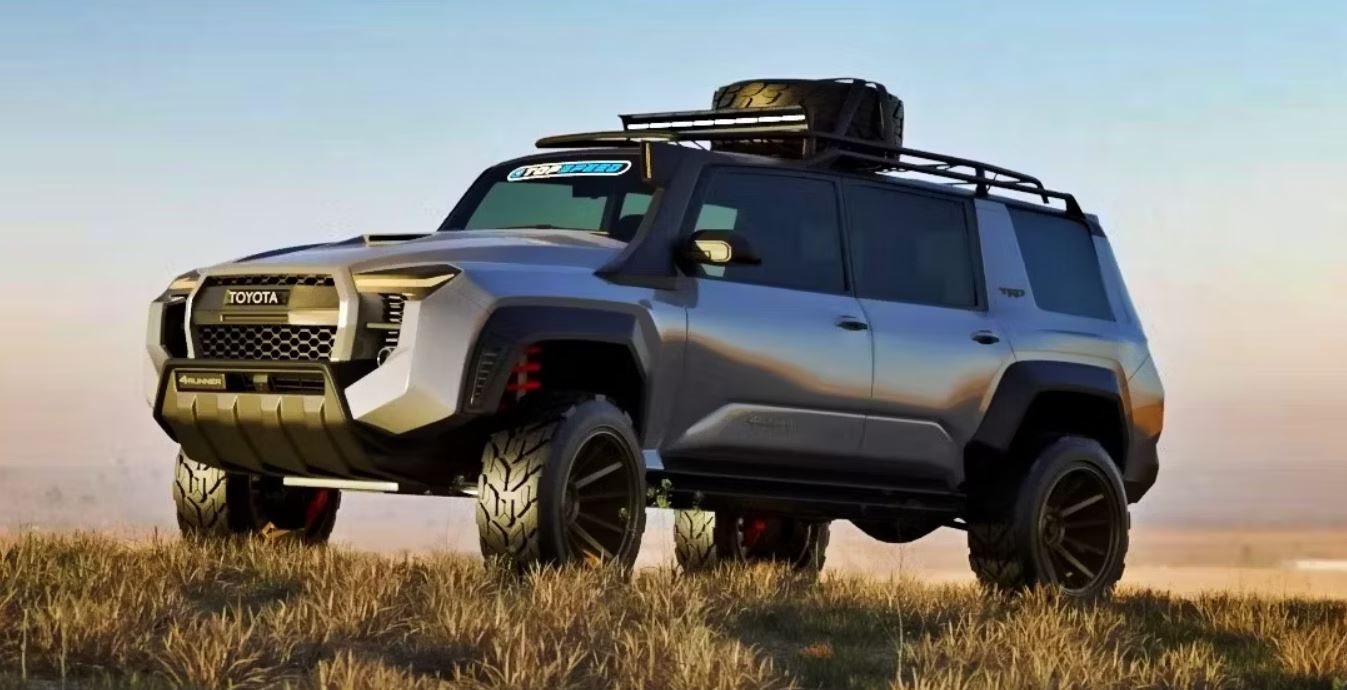



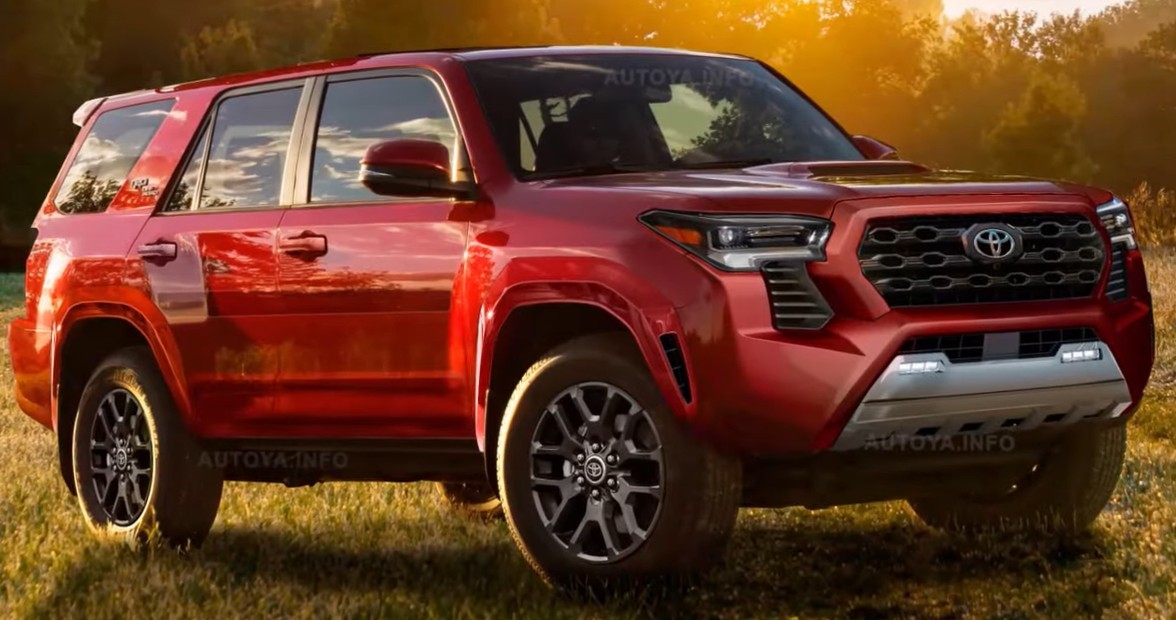

Closure
Thus, we hope this article has provided valuable insights into Unveiling the 2025 Toyota 4Runner: A Deeper Dive into Its Performance and Capabilities. We thank you for taking the time to read this article. See you in our next article!
